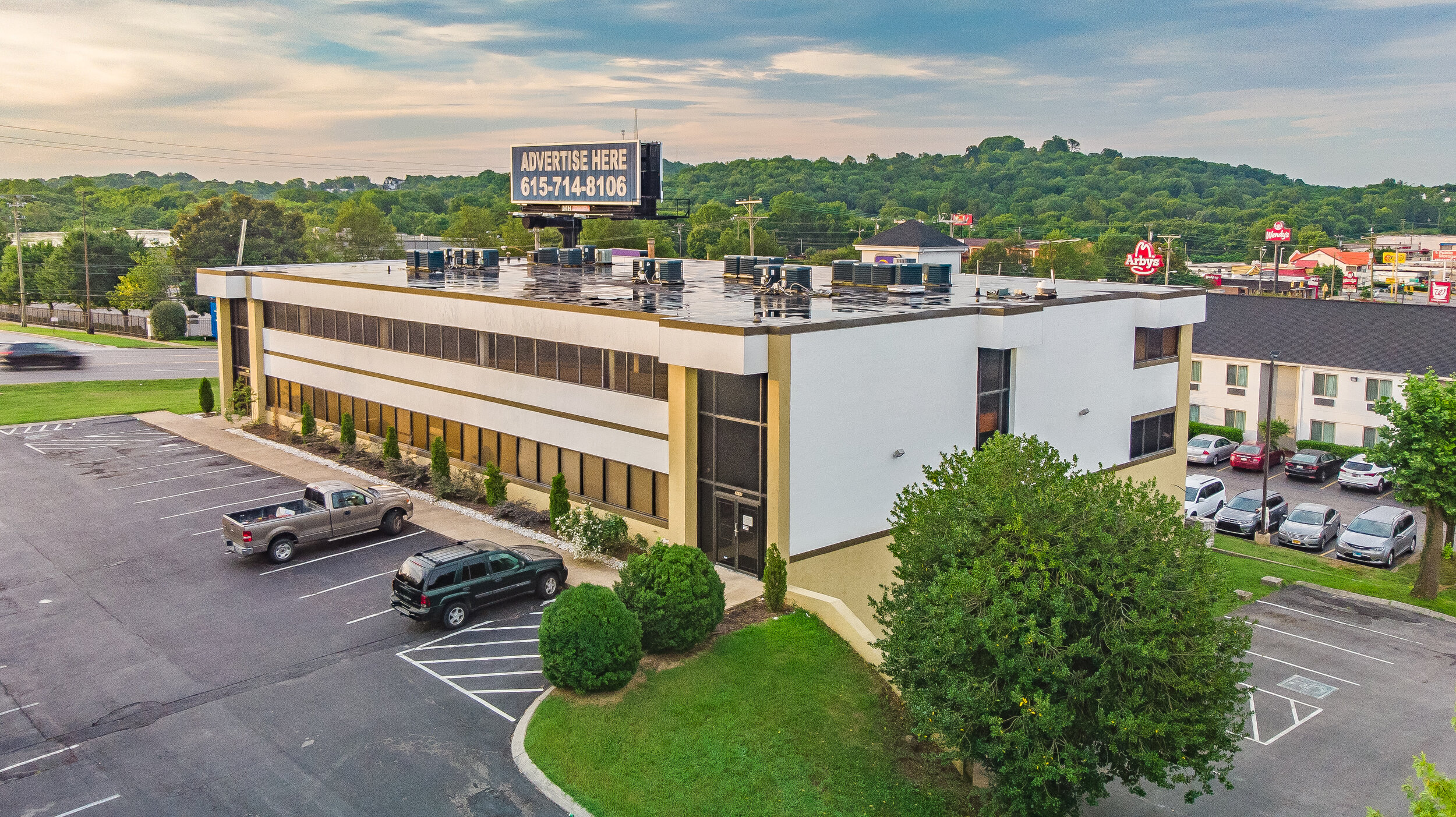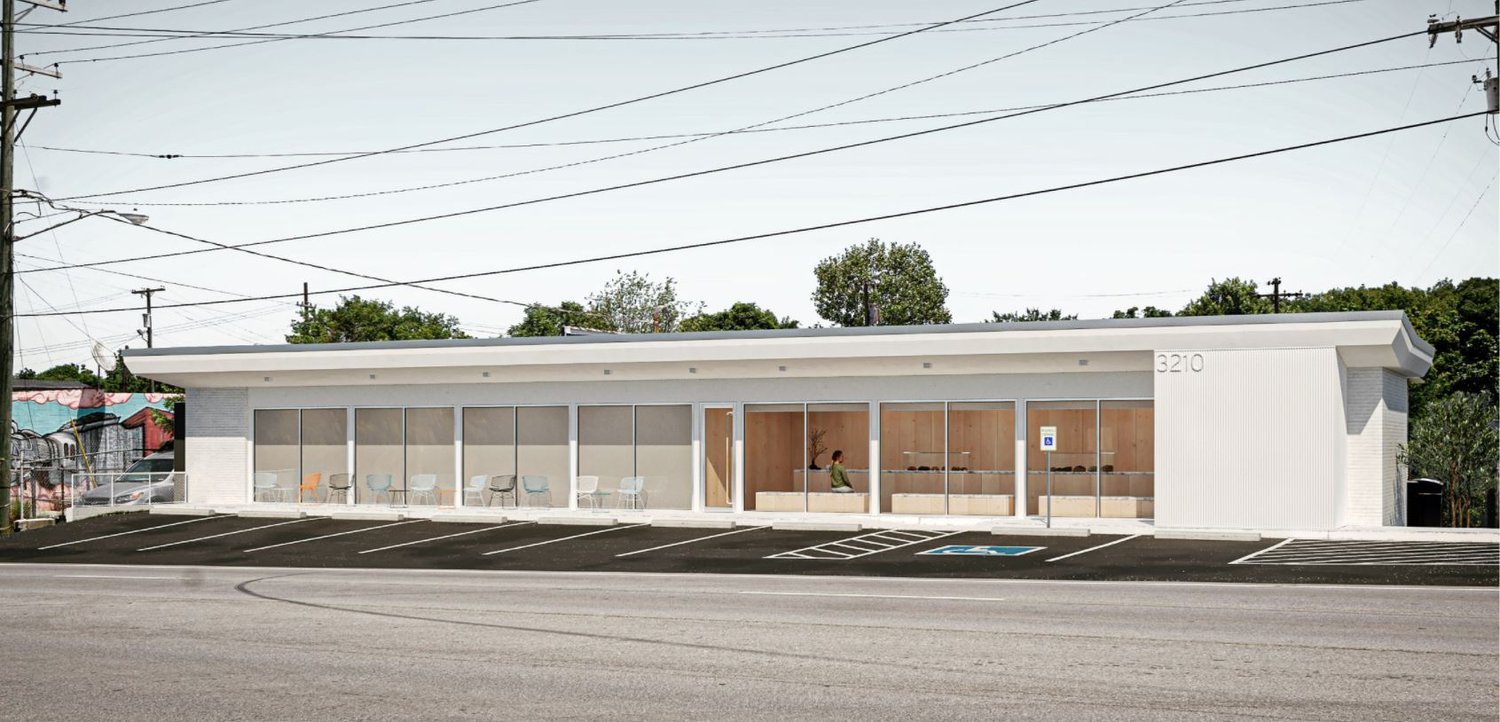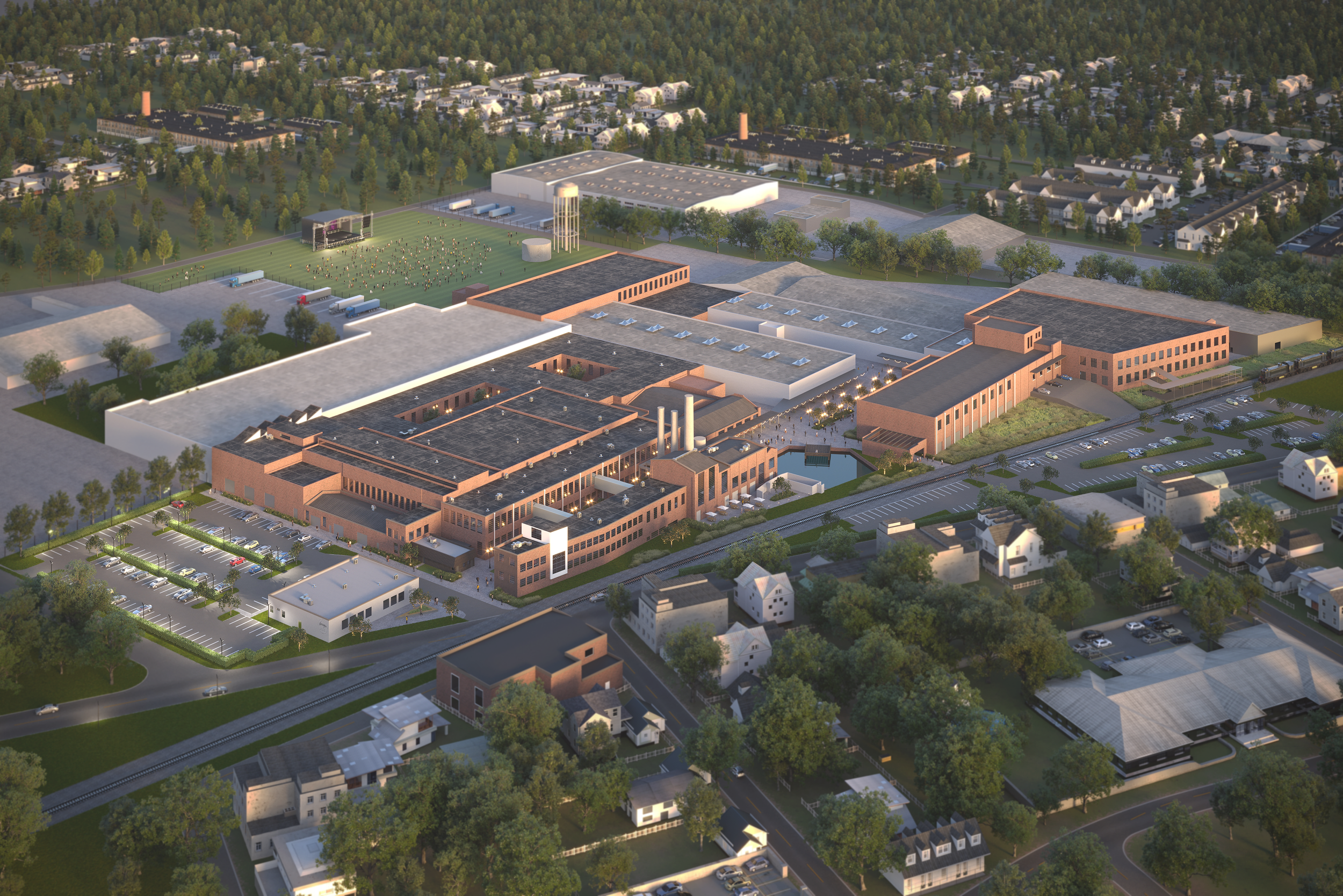Can't Find Multifamily Deals? Try These Alternatives
Unless you’ve been living under a rock for the last 10 years, multifamily properties are often seen as the top choice for investors looking for steady cash flow and appreciation.
However, finding deals that check those boxes can be a challenge, especially when you’re in a competitive market like we are today.
If you’re getting tired of grinding to find multifamily deals, it may be time to consider investing in other types of commercial real estate.
neighborhood office buildings
While they may not provide the same level of cash flow as multifamily properties, mostly because the debt structure in multifamily is so favorable, neighborhood office space can offer strong long-term growth and the potential for higher returns.
Now you may be thinking - “aren’t office properties struggling in a work from home world?” And the answer is…yes and no. That’s why I specifically called our neighborhood office space.
These buildings are often less than 50,000 square feet and are located in or near residential areas, which means they can draw local tenants from the surrounding area. These sites can include coworking and adaptable office space, which are attractive for tenants. Class A buildings, and more specifically offices within the urban core, are the ones struggling to maintain occupancies since many larger companies are shifting to a work from home or partial work from home model.
Additionally, office properties often have longer leases than multifamily properties, which can provide a more stable income stream. About 10% of my portfolio is in office space with many tenants having 3 to 5 year leases, so we don’t have to worry about turnover as much.
2. multi-tenant retail properties
Retail has long been known for its steady stream of income, long-term appreciation, and long-term leases.
Unlike multifamily properties where the tenants will pay you a lump sum of rent and then you handle all of the expenses, retail properties are often set up on a triple net lease (learn more about that here) where the tenant will pay you a base rent AND cover their proportionate share of the:
Common area maintenance
Property taxes
And building insurance
That means if the property costs more to maintain or your taxes go up, you won’t take a hit to your bottom line as the investor as those costs will be passed through directly to the tenants.
Multi-tenant retail assets provide you with diversification of your lease risk across multiple long-term tenants, allowing you to calculate your long-term cash flow in a fairly accurate manner.
Additionally, retail properties can be structured in a way to provide investors with a more hands-off investment. If you have an absolute net lease, which puts 100% of the responsibilities of maintaining the property, including the roof and structure, on the tenant, then you just need to make sure the building still stands every now then!
3. industrial properties
Industrial real estate may not be as “sexy” as its office and retail friends, but the returns sure can be.
They aren’t usually as impacted by economic downturns and uncertainties and, like office and retail properties, can provide long-term stable cash flow and long-term appreciation.
Industrial properties can be broken down into warehouses, distribution centers, flex space, and more, and typically house more of your service and manufacturing facilities. No matter where the economy is, people still need their widgets made and their HVAC units serviced.
These assets also tend to have longer lease terms, often in the 3 to 10 year range, and the tenants can be responsible for covering their proportionate shares of the property’s expenses.
You’ll find leases in the industrial space can be structured like office leases, retail leases, or a mixture of the two, so you’ll certainly want to do your due diligence and read through leases to see what you as the landlord will be responsible for after acquiring the asset.
4. Creative Multifamily Approaches
If you're still stuck on only going after multifamily deals, then there are a few creative strategies that you can try there to increase your chances of finding the right deal.
One is to go after properties that need significant renovations.
Heavy valued-add properties are usually priced lower and offer higher potential for appreciation after you’ve completed renovations.
This strategy may be tough, though, since a lot of multifamily assets have been picked over in the last decade.
Another strategy is to go after properties in up-and-coming or more suburban areas.
Of course, these areas will not be as popular as more established cities and towns, but they can offer potential for growth in the long-term as long as you understand what the demand drivers are for those markets.
The risk here is that you acquire a multifamily asset in the middle of nowhere and just can’t find the right tenants or the right buyer when you’re ready to offload the property.
You’ve Got Other Options.
So, multifamily properties can be a great investment. After all, there wouldn’t be so much capital chasing those deals if that wasn’t the case.
But, they certainly aren’t your only option. If you're struggling to find any deal worth considering, check out the other types of commercial real estate, like office, retail, and industrial properties to keep your investments rolling.
They’re not as tough to understand as people make them out to be and can be terrific investments in your portfolio.
If you’re interested in learning more about the different types of commercial real estate, check out this article here:







Every great investment starts with a plan—and that plan should always include an exit strategy. Whether you’re just entering the world of commercial real estate or you’ve built a strong portfolio of flex space properties, knowing when and how to sell is essential. The right exit can unlock new opportunities, reduce your tax burden, and help you maximize returns on your initial investment.
Flex space, in particular, has become a valuable asset in today’s commercial real estate market thanks to its adaptability and high tenant demand. But markets shift, tenant needs evolve, and your own goals will likely change over time. Maybe you want to 1031 exchange into a larger asset, cash out to diversify your holdings, or simply capitalize on current market highs. Whatever your reason, having a well-timed and well-executed exit strategy is the key to realizing the full potential of your investment.
In this article, we’ll break down the core components of a smart exit plan for flex space investors: identifying the right time to sell, preparing your property, choosing the best sale strategy, and building the right team to get the job done.